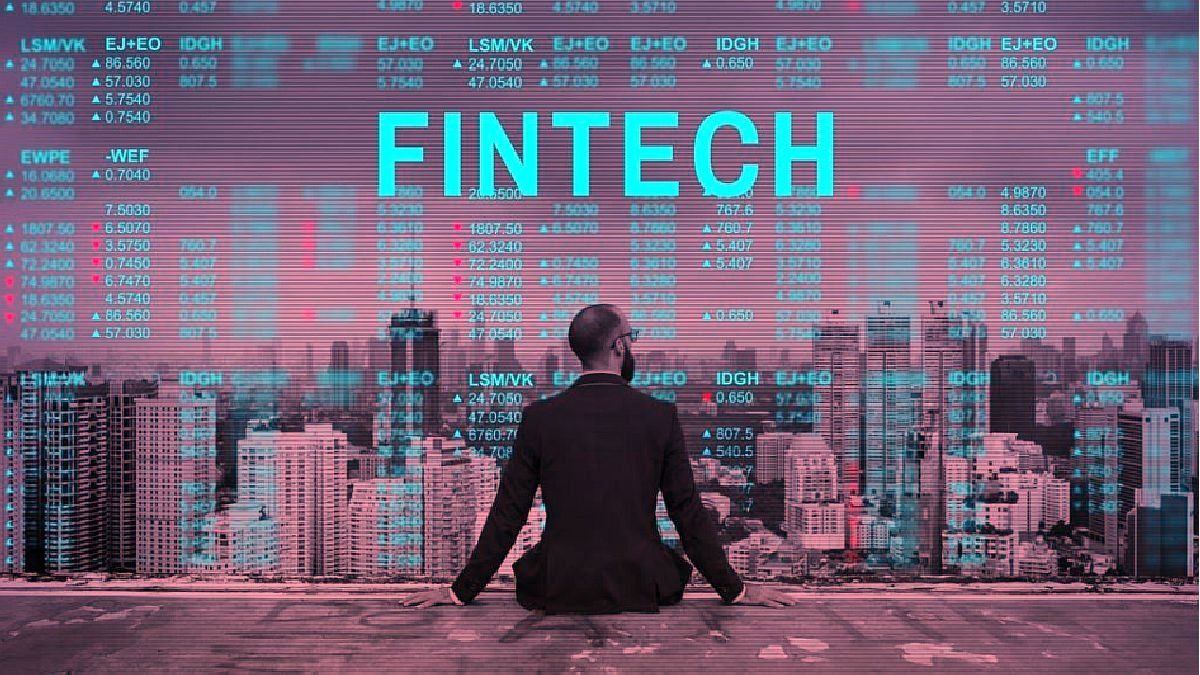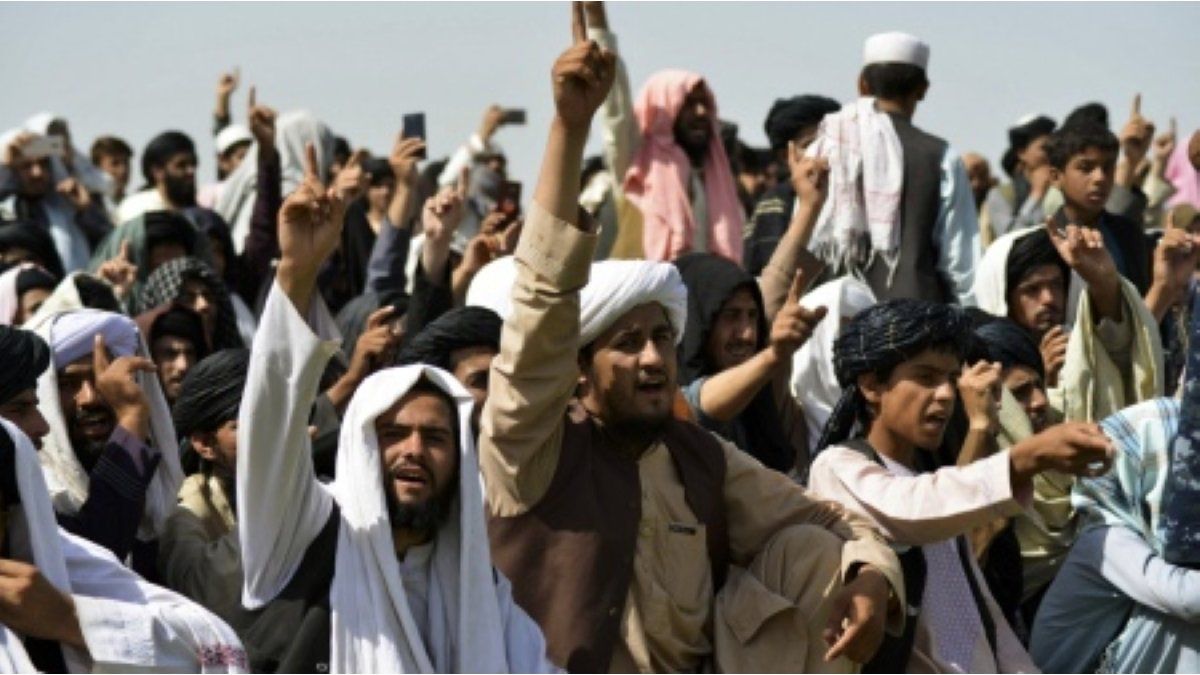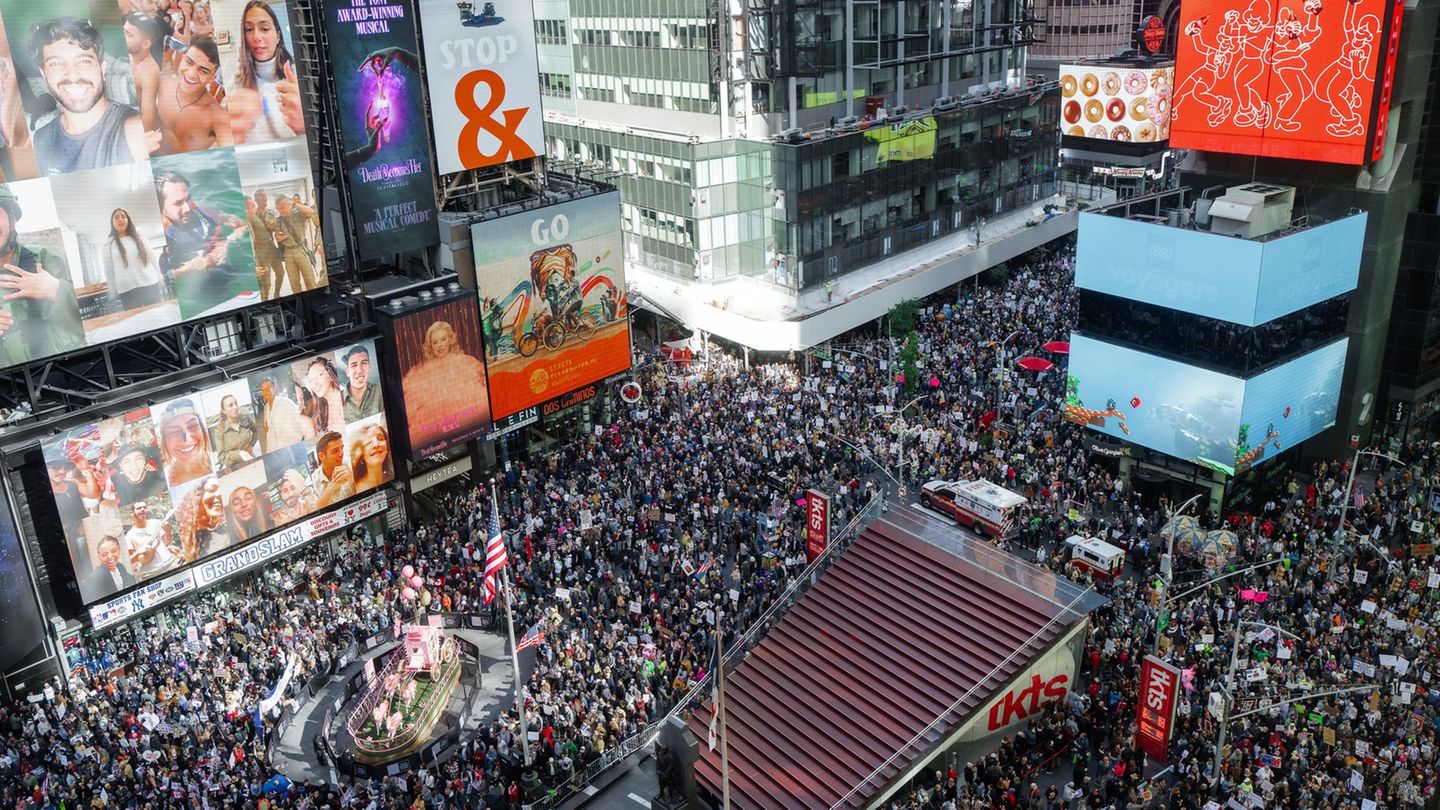The document of IMF mentioned that the Government plans to modify the regulatory frameworks “to ensure a level playing field between Fintech companies and traditional banking institutions.”
According to the international credit organization, These measures will increase market competition, strengthen credit channels and they will be the support for the recovery of private credit from the historical lows in which it is found.
According to financial market analysts, the mention of the IMF is a recognition of the lack of current regulation of fintech and regulatory and tax asymmetries between that sector and the banks, which threaten the development of financial inclusion.
The discussion in the sector over Mercado Pago
The advantages objected to by the banks, added to the good use of the possibilities of technology, allowed a explosive growth of Mercado Libre, that reached a dominant position to exclude other fintech companies and banks from competition, according to analysts.
In addition to tax benefits of more than US$100 million under the Knowledge Law, The BCRA has allowed Mercado Pago to raise funds and provide banking services without having a license to do so. For banks, the only genuine way to level the playing field is for Mercado Libre and Mercado Pago to meet that requirement to be able to provide those services.
market-payment-photo.jpg
Mercado Pago concentrates the largest number of banking operations without having a license, according to the banking sector.
The credit problem in Argentina
The objective of the Fund is not only to improve competition between the different actors, but also to raise the level of financing for companies and families. According to data from the Central Bank (BCRA), credit to the private sector in Argentina represents 4.1% of GDP, one of the lowest levels in the region.
Unlike other Latin American countries, where credit has mostly expanded in recent decades, in Argentina there has been stagnation, according to data from the World Bank. There was only a greater expansion in two moments: in the 1990s, when it reached 24% of GDP and in 2018. Two opportunities whose common thread is inflation at controlled levels.
In this complex scenario, fintech plays a leading role. Currently, 6 out of every 10 adults in Argentina have a payment account and close to 7 out of 10 money transfers are made from or to a fintech account.
Access to credit is one of the financial inclusion tools facilitated by the fintech sector, since, currently, more than 30 member companies of the Chamber that brings together these companies grant loans as a main or accessory activity.
The lowering of ratesadded to greater competition between the different actors that offer credit, can improve numbers worldwide and that is one of the proposals made by the IMF itself.
Source: Ambito
I am a 24-year-old writer and journalist who has been working in the news industry for the past two years. I write primarily about market news, so if you’re looking for insights into what’s going on in the stock market or economic indicators, you’ve come to the right place. I also dabble in writing articles on lifestyle trends and pop culture news.




